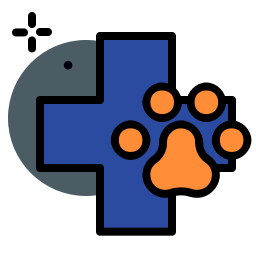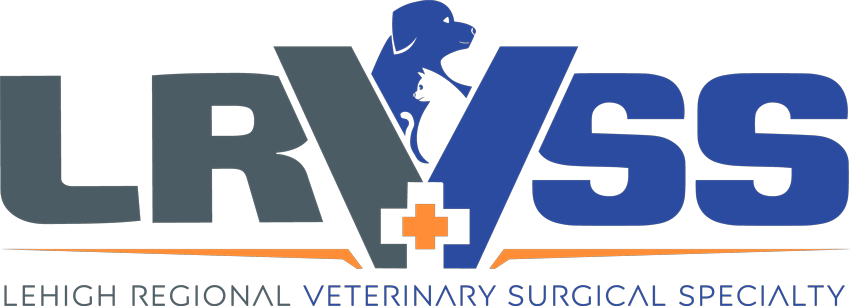About LRVSS
Scroll down to learn more about Dr. Petrisor (Pete) Baia. If you would like to speak with Dr. Baia directly, please give us a call.
Dr. Petrisor (Pete) Baia is a board-certified veterinary surgeon specialist.

Petrisor (Pete) Baia
Veterinary Surgeon
Why did you become a vet?
I grew up in the countryside of Romania, surrounded by all kinds of farm animals, including horses, cattle, sheep, goats, dogs, cats, and chickens. Early in my childhood, I realized that these animals also need care, like humans. It was fascinating to see our vet working hard to help animals in need, and the impact their work made for our animals and my family. Seeing the care and work that go into taking care of animals inspired me to become a vet at a very young age.
Do you have pets?
We have 2 rescued cats: Cloe is 18 years old, and Maddy is 7.
We also have 2 Guinea pigs (Henry and Flash) and 3 fish, and most recently 16 baby chicks!
What's your philosophy
My philosophy centers on the well-being and care of animals. I believe that the patient always comes first. I have dedicated my training and experience to providing compassionate, ethical, and high-quality treatment to animals in need. I have a deep respect for the bond between the animal and their owners. I also want the pet owner to have a good experience, even when facing a difficult situation.
Where did you go to vet school?
I graduated from the School of Veterinary Medicine in Timisoara, Romania. Anatomy was my favorite subject in school, which helped a lot when I decided to further specialize in the “art and science” of surgery.
Why did you become a surgeon?
I was drawn to the precision, complexity, and challenge of surgical procedures. The dynamic learning process and refinement of skills in an ever-evolving field fascinate me. I am convinced I will keep on learning for as long as I practice. As surgeons, we directly impact patients’ lives, solve intricate medical problems, and make a tangible difference in their health.
What training did you go through to become a surgeon?
After 6 years in vet school, I completed 3 different internships, followed by a 3-year surgery residency and 2-year Master’s in Biomedical Science program at Louisiana State University. These long years of specialized surgical training allowed me to become a board-certified veterinary surgeon and Diplomate of the American College of Veterinary Surgeons in 2015.
What's your experience as a surgeon?
I have extensive surgery training in both large and small animals. After graduating from vet school, I was exposed to small animal surgery. I then had the opportunity to further expand my surgical training through additional internships and academic surgical residency programs. In academia, I was also involved with the education and surgery training of veterinary students, as well as clinical research focusing on veterinary orthopedics and sports medicine. Throughout various past experiences, I have performed surgery on a diverse range of animals, from dogs, cats, and horses – to exotics, zoo, wild, and farm animals.
What is your most common surgery?
My most commonly performed surgery is the TPLO procedure, to help dogs suffering from ACL injury. In large animals, arthroscopic joint surgery (a minimally invasive procedure) was one of my most commonly performed procedures.
So are you an orthopedic surgeon?
While I have been performing a lot of orthopedic procedures, I am trained to do both orthopedic and soft tissue surgery. Soft tissue surgeries include mass removals, belly surgery, open-chest surgery, cancer surgery, reconstruction surgery, etc.
10. WHAT ARE ALL THESE LETTERS AFTER YOUR NAME: DVM, MS, DACVS?
- DVM stands for Doctor in Veterinary Medicine.
- MS stands for Master in Science.
- DACVS stands for Diplomate of the American College of Veterinary Surgeons.
What are some of the nicest compliments you’ve received from pet owners?
- “Thank you for saving my pet’s life.”
- “Thank you for being my pet’s guardian angel.”
- Knowing that I earned the pet owner’s trust to care for their pet is the best compliment I can hope for.

When your pet needs help, we’ll be there.
Click the button below to learn more about our surgical services.



